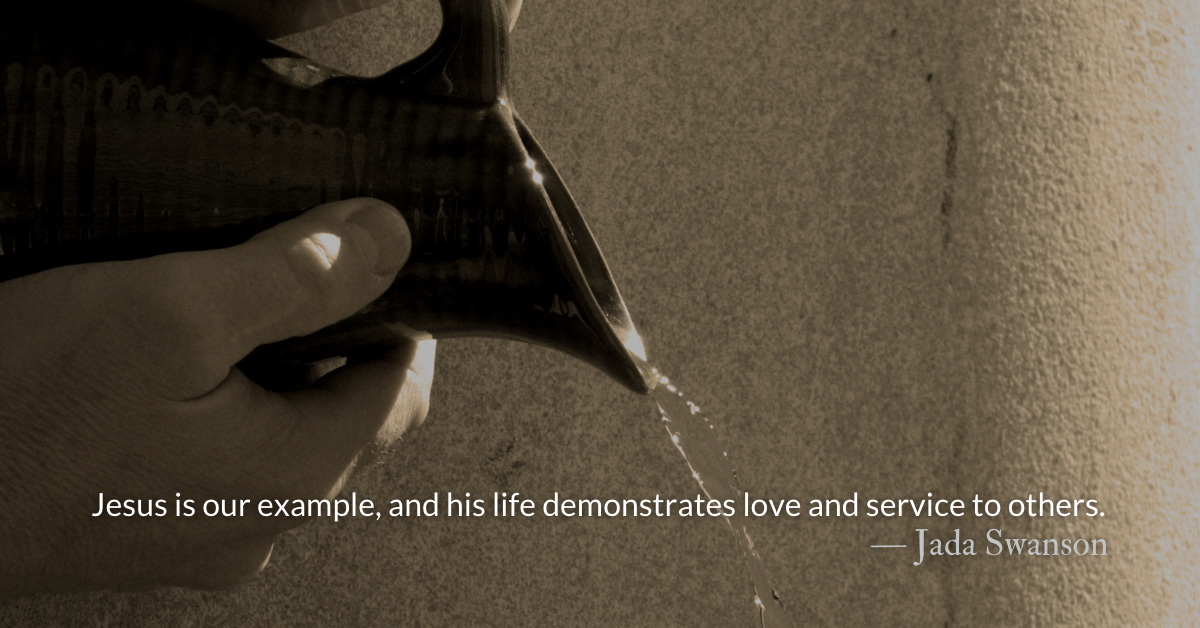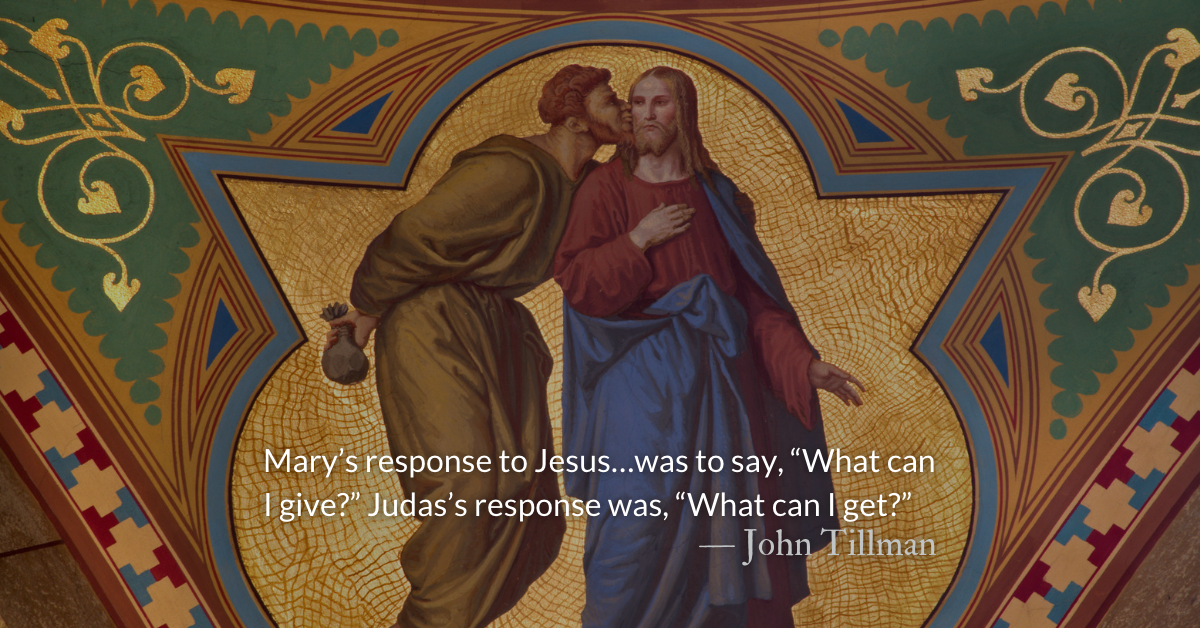Scripture Focus: John 17.13-22
13 “I am coming to you now, but I say these things while I am still in the world, so that they may have the full measure of my joy within them. 14 I have given them your word and the world has hated them, for they are not of the world any more than I am of the world. 15 My prayer is not that you take them out of the world but that you protect them from the evil one. 16 They are not of the world, even as I am not of it. 17 Sanctify them by the truth; your word is truth. 18 As you sent me into the world, I have sent them into the world. 19 For them I sanctify myself, that they too may be truly sanctified.
20 “My prayer is not for them alone. I pray also for those who will believe in me through their message, 21 that all of them may be one, Father, just as you are in me and I am in you. May they also be in us so that the world may believe that you have sent me.
Reflection: God’s Word and Christ’s Prayer
By John Tillman
“The prayer of a righteous person is powerful and effective.” (James 5.16) Jesus is the definition of righteousness. And, my dear brothers and sisters, Jesus, the righteous man, prayed for you. That prayer has power and is effective for everyone who believes.
If you are a believer, Jesus prayed for you. He prayed that you would have the full measure of his joy despite being hated by the world. He prayed that God’s word would be your lifeline while living in the world, to protect you from evil. He prayed that God’s word would sanctify you in the truth and that you would be sent into the world, as Jesus was, to testify to that truth.
If you are not a believer, Jesus prayed for you. He prayed that you would be able to see and hear the truth of God’s Word. He prayed that you would be able to overcome obstacles to belief.
God’s Word, the Bible, is the key to so much of Jesus’ prayer. It is a lifeline of breathable air to believers plunged in the depths of this world. We are in this world but not of it, like a diver walking the floor of the ocean. The Bible carries the testimony about Jesus that the world is to hear.
If we want to live and walk in the power of Jesus’ prayer and see its effect in our lives, we need to devote ourselves to his Word. The Bible is our air supply in a world flooded by sin. Let us stay connected to it and breathe deeply and well.
There are many metaphors like this for God’s word in the Bible. God’s word is our light in a dark place. It is manna in a land with no food. It is our stream in the waterless desert. It is our shelter in a world of hostility.
God’s Word and Christ’s prayer are powerful and effective. Let us continually recommit ourselves to Jesus and God’s Word. The Word he has given us comes from the Father and we live in it and act from it through the power of the Holy Spirit.
“Now they know that everything you have given me comes from you. For I gave them the words you gave me and they accepted them. They knew with certainty that I came from you, and they believed that you sent me.” (John 17.7-8)
Divine Hours Prayer: A Reading
Jesus taught us, saying: “Whoever holds my commandments and keeps them is the one who loves me; and whoever loves me will be loved by my Father, and I shall love him and reveal myself to him.” — John 14.21
Today’s Readings
Genesis 18 (Listen 4:59)
John 17 (Listen 3:40)
Read more about The Scripture Cannot Be Set Aside
Considering all of Scripture together without breaking it apart requires patience and a deep familiarity
Read The Bible With Us
It’s never too late to join our Bible reading plan. Immerse in the Bible with us at a sustainable, two-year pace.
https://mailchi.mp/theparkforum/m-f-daily-email-devotional











